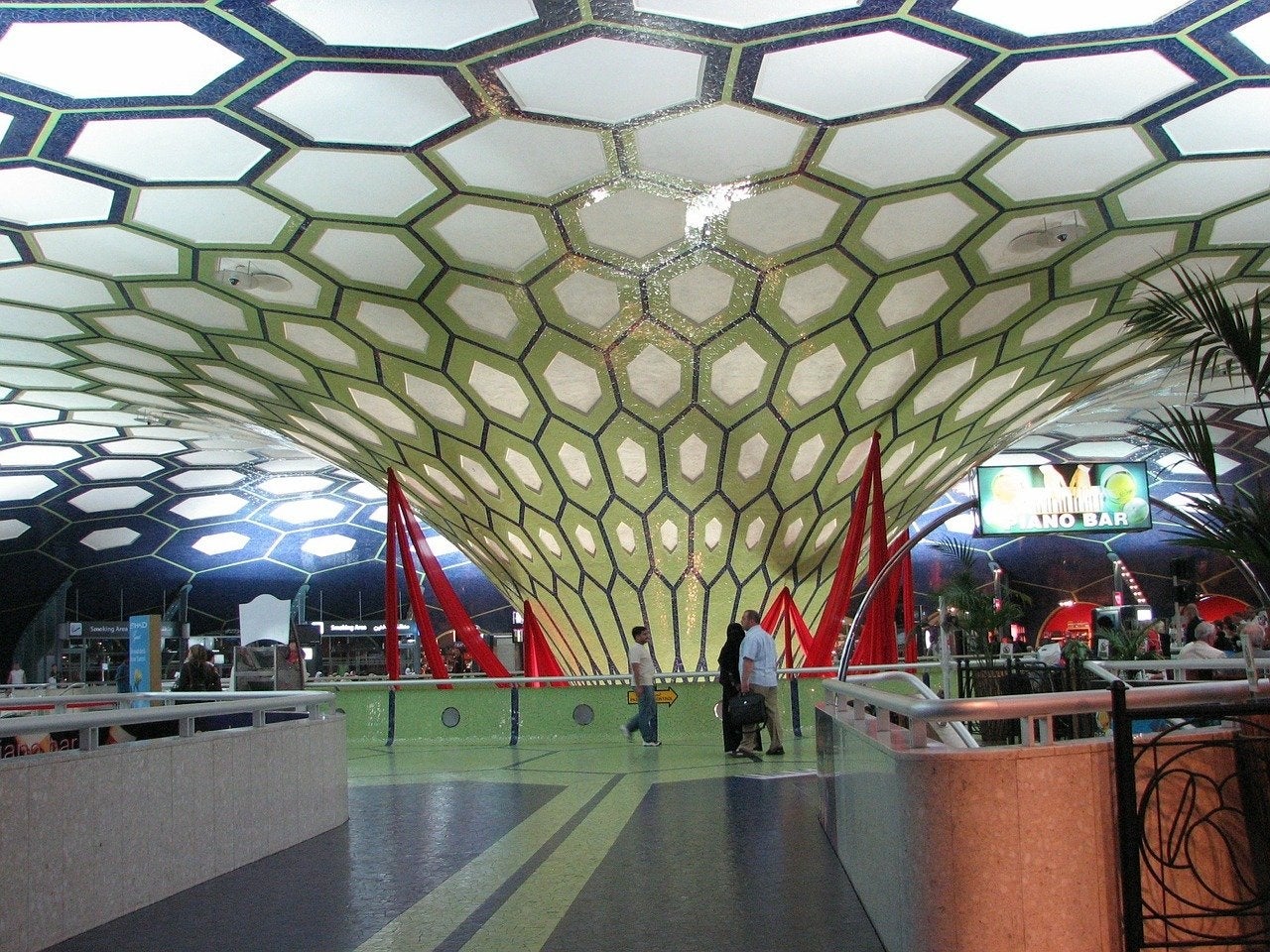
Abu Dhabi International Airport (AUH) has opened its first polymerase chain reaction (RT-PCR) testing site for Covid-19.
The 4,000m² airport laboratory will offer quick coronavirus test results to adhere to international travel standards.

Discover B2B Marketing That Performs
Combine business intelligence and editorial excellence to reach engaged professionals across 36 leading media platforms.
Launched in partnership with Pure Health and Tamouh Healthcare, the site will have the capacity for more than 20,000 tests a day.
Arab News quoted Abu Dhabi Airports chief executive Shareef Hashim Al-Hashmi as saying: “Through partnering with Pure Health and Tamouh Healthcare, Abu Dhabi International Airport is now able to offer travellers state-of-the-art rapid testing services delivered by a dedicated laboratory facility.
“The introduction of the RT-PCR Covid-19 testing is a milestone achievement in our ongoing efforts to facilitate the safe resumption of international air travel and support the recovery of the aviation industry.”
The testing will be available for all incoming passengers free of cost.

US Tariffs are shifting - will you react or anticipate?
Don’t let policy changes catch you off guard. Stay proactive with real-time data and expert analysis.
By GlobalDataThe test results will be sent through SMS, WhatsApp and the Alhosn mobile application in about 90 minutes.
Negative-testing passengers from the list of ‘green list’ countries will not have to self-isolate. However, passengers from other countries will have to self-isolate for about ten days and will be given a quarantine wristband fitted at the facility.
A Wellness Ambassadors team has been positioned at the airport to answer common questions about health and safety measures, encourage social distancing and distribute personal protective equipment (PPE).
The airport has also implemented various safety mechanisms, including sterilisation tunnels, touchless elevator technology and thermal scanners with facial recognition capabilities.





